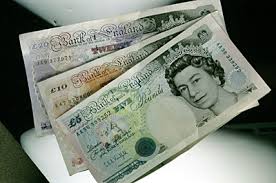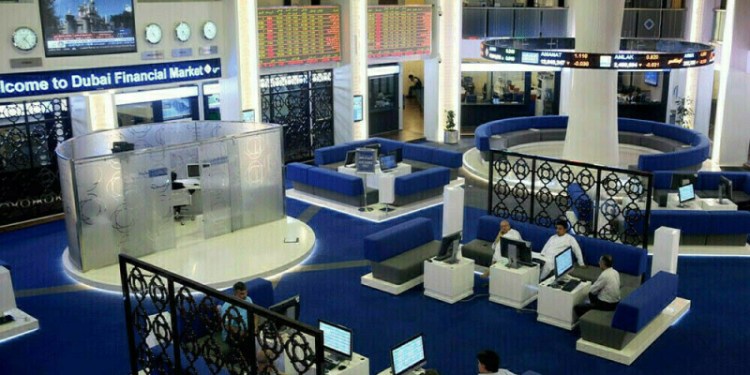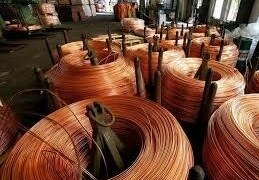Friday, 17 July 2015 19:48
 LONDON: Sterling powered to a 7-1/2-year high against a trade-weighted basket of currencies on Friday, after the head of the Bank of England (BoE) signalled that an interest rate rise could come around the turn of the year.
LONDON: Sterling powered to a 7-1/2-year high against a trade-weighted basket of currencies on Friday, after the head of the Bank of England (BoE) signalled that an interest rate rise could come around the turn of the year.
Markets took comments from Governor Mark Carney that a decision would come into “sharper relief” around the turn of the year as pointing to a rise as soon as November or February, when the bank releases its quarterly Inflation Reports.
Sterling was at its highest against the euro in more than 7-1/2 years in the wake of the comments, trading at 69.445 pence.
Against a broadly stronger dollar, it was 0.1 percent higher on the day at $ 1.5618, having traded as high as $ 1.5673 earlier.
It also reached 94.5 against the BoE’s trade-weighted index, its highest since March 2008. Even after a minimal retreat later in the day, that put it on track for a seventh straight week of gains – its best run since January 2010.
“The comments have increased the likelihood that the BoE could begin to raise interest rates before year end,” BTMU currency analyst Lee Hardman said.
“The earliest that the BoE would likely to begin to raise interest rates would be from November, which could even come before the Fed begins to raise interest if they hold out until December.”
BoE policymaker David Miles, usually regarded as a “dove”, surprised markets this week by saying it was “likely to be right” to hike rates soon and even suggesting that it was ridiculous to rule out the idea that UK rates could rise before those in the United States.
Carney did reiterate on Thursday that rates would rise only gradually from their record low of 0.5 percent, and to lower levels than in the past.
He also said there had been a persistent pass-through from sterling’s strength into weak headline British inflation, noting that this was “particularly relevant” as the monetary policies of the euro zone and Britain diverge. British inflation edged back down to zero last month, a long way from the BoE’s 2 percent target.
“Unless we see a sharp rise in economic data, particularly inflation and wage data, then we think that this rally could lose some steam and it may be disadvantageous to go long sterling at these levels,” Forex.com head of research, Kathleen Brooks, said.


























